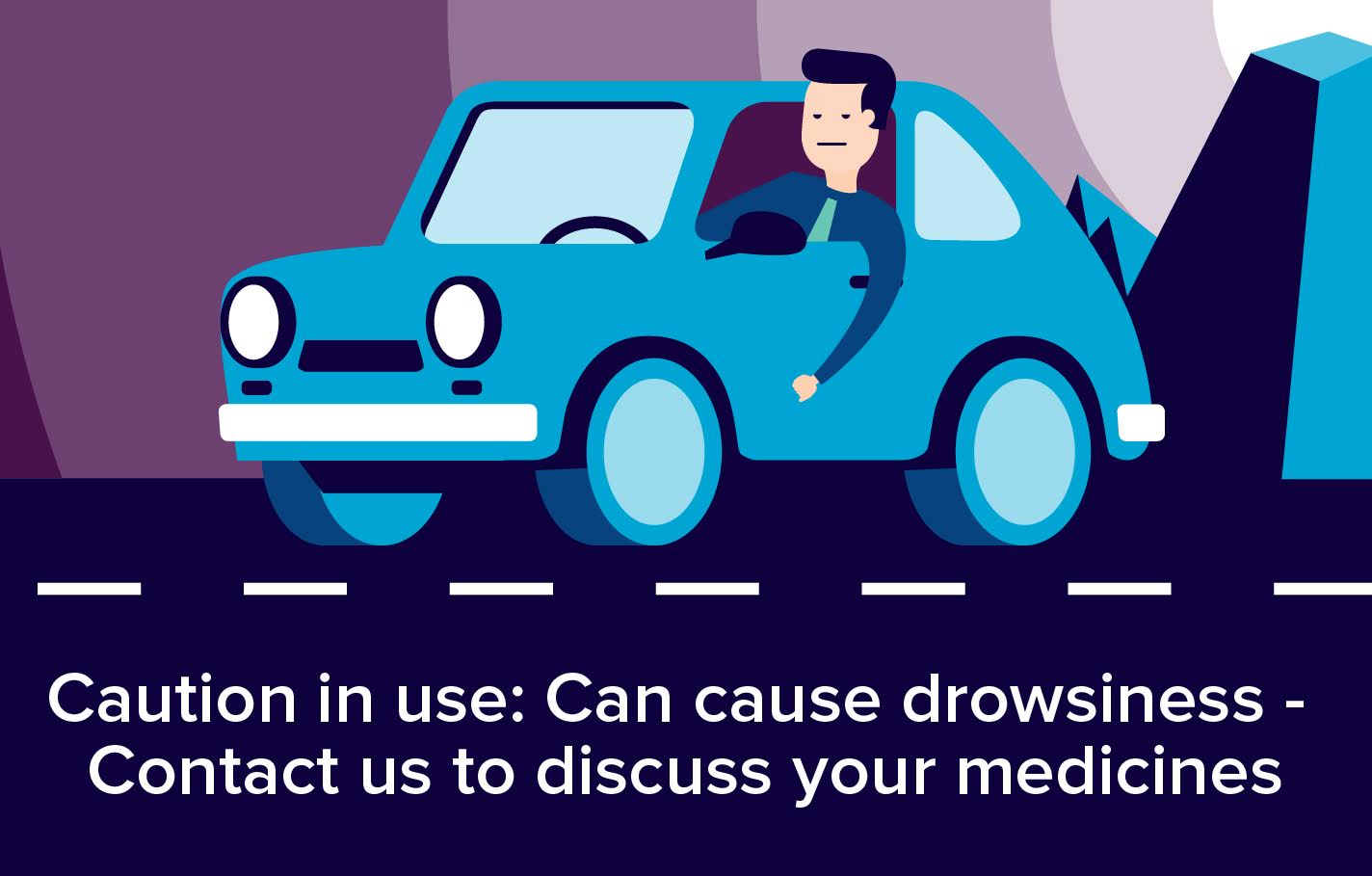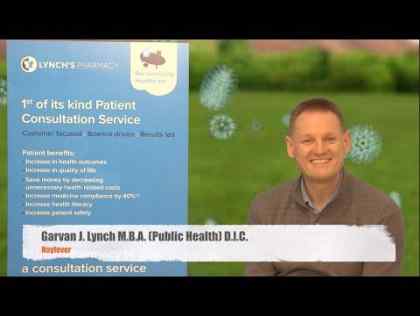Neoclarityn tablets and oral solution contain the active ingredient desloratadine, which is a type of medicine called a non-sedating antihistamine. It works by preventing the actions of histamine.

How does Neoclarityn work?
- Neoclarityn tablets and oral solution contain the active ingredient desloratadine, which is a type of medicine called a non-sedating antihistamine. It works by preventing the actions of histamine.
- Histamine is a substance produced by the body as part of its defence mechanisms. It is stored in cells called mast cells, in almost all tissues of the body.
What is Neoclarityn used for?
- Relieving symptoms of nasal allergies (allergic rhinitis) such as hay fever, pet allergies or dust mite allergies.
- Relieving symptoms of nettle rash (urticaria).
- Neoclarityn tablets may be used for adults and adolescents aged 12 years and over.
- Neoclarityn oral solution may be used for adults, adolescents and children aged one year and over.
How do I take it?
- Adults and adolescents aged 12 years and over should take one Neoclarityn tablet OR two 5ml spoonfuls Neoclarityn solution once a day, when needed to relieve symptoms of the allergy.
- Children aged 6 to 11 years should be given one 5ml spoonful Neoclarityn solution once a day, when needed to relieve symptoms of the allergy.
- Children aged 1 to 5 years should be given one 2.5ml spoonful (the small end of a measuring spoon) Neoclarityn solution once a day, when needed to relieve symptoms of the allergy.
- You can continue to use this medicine daily to relieve symptoms for as long as you are exposed to the allergen, for example throughout the pollen season. Follow the instructions given by your doctor.
- Neoclarityn tablets and oral solution can be taken either with or without food.
Not to be used in
- Peopel who are allergic to the related antihistamine, Clarityn.
- Pregnancy.
- Breastfeeding.
- Neoclarityn oral solution is not recommended for children under one year of age.
- Neoclarityn tablets are not recommended for children under 12 years of age.
- Neoclarityn oral solution contains sorbitol. As a result, it is not suitable for people with rare hereditary problems of fructose intolerance, glucose-galactose malabsorption or sucrase-isomaltase insufficiency.
- Neoclarityn tablets contain lactose and as a result are not suitable for people with rare hereditary problems of galactose intolerance, the Lapp lactase deficiency or glucose-galactose malabsorption.
This medicine should not be used if you are allergic to any of its ingredients. Please inform your doctor or pharmacist if you have previously experienced such an allergy.
If you feel you have experienced an allergic reaction, stop using this medicine and inform your doctor or pharmacist immediately.
Side effects
Medicines and their possible side effects can affect individual people in different ways. The following are some of the side effects that are known to be associated with this medicine. Just because a side effect is stated here does not mean that all people using this medicine will experience that or any side effect.
- Fatigue.
- Dry mouth.
- Headache.
- Diarrhoea.
- Fever (in infants and toddlers).
- Difficulty sleeping (insomnia).
- Dizziness.
- Sleepiness.
- Disturbances of the gut such as nausea, vomiting, indigestion or abdominal pain.
- Increased heart rate (tachycardia).
- Awareness of your heartbeat (palpitations).
- Inflammation of the liver (hepatitis).
- Muscle pain.
- Hyperactivity.
- Hallucinations.
- Seizures.
The side effects listed above may not include all of the side effects reported by the medicine's manufacturer.
For more information about any other possible risks associated with this medicine, please read the information provided with the medicine or consult your doctor or pharmacist.
How to store Neoclarityn
- Keep all medicines out of the reach and sight of children.
- Store in a cool, dry place, away from direct heat and light.
If you have any more questions please ask your Pharmacist.
Remember to keep all medicines out of reach of children
Please Note: We have made every effort to ensure that the content of this information sheet is correct at time of publish, but remember that information about drugs may change. This sheet does not list all the uses and side-effects associated with this drug. For full details please see the drug information leaflet which comes with your medicine. Your doctor will assess your medical circumstances and draw your attention to any information or side-effects which may be relevant in your particular case.
References:
http://www.patient.co.uk/medicine/Desloratadine.htm
http://www.netdoctor.co.uk/allergy-and-asthma/medicines/neoclarityn.html
http://www.nhs.uk/medicine-guides/pages/selectorshow.aspx?medicine=Neoclarityn
http://www.nhs.uk/medicine-guides/pages/MedicineOverview.aspx?condition=Rhinitis&medicine=Neoclarityn
http://www.medicines.org.uk/Guides/neoclarityn
http://www.drugs.com/international/neoclarityn.html
http://en.wikipedia.org/wiki/Desloratadine
https://www.evidence.nhs.uk/search?q=neoclarityn


